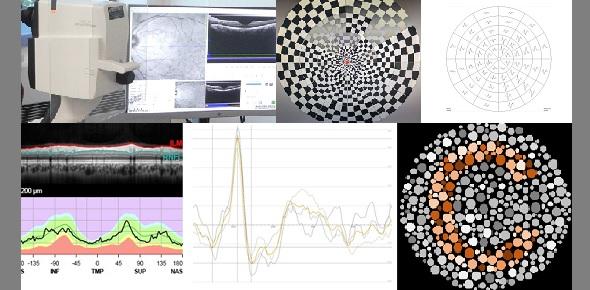
10:30am-12:00pm on Wednesday 27 March
Babbage Lecture Theatre, (Through the Pembroke Archway), New Museums Site Downing Street, CB2 3RS
Multiple sclerosis (MS) is the most common cause of neurological impairment in young adults (excluding that caused by physical injuries and trauma). MS affects more than 2.8 million people worldwide, of which at least 300,000 are children.
It is caused by the body’s own immune system mistakenly attacking the brain and spine, leading to inflammation. This is associated with damage to a fatty layer around nerve fibres called myelin, which normally helps electrical signals to travel quickly along the nerve, and also protects the nerve.
Consequently, in MS, nerve signals may no longer work correctly, and the nerves are vulnerable to injury. This leads to the symptoms of MS, such as problems with movement, coordination or vision – depending upon where in the brain or spine is affected. Over time and following discrete ‘attacks’ of MS, this ‘damage’ typically accumulates, leading to increasing impairments.
Our research mission is to find ways to stop the progression of symptoms in MS. We currently have two main approaches, which we will present in a series of interactive presentations.
First, is our study of remyelination – a form of ‘brain repair’. Normally the body can regenerate damaged myelin, but in MS this process fails. We are investigating whether combinations of repurposed drugs (using existing medicines for a different purpose) can help promote myelin repair in MS, and are also exploring how remyelination is affected by age.
Second, is using the power of ‘big data’. Through collaboration with other national and international MS research centres, clinical data for nearly 100,000 people with MS worldwide is accessible. Using this information, we can examine multiple aspects of care for people with MS – for example running ‘virtual clinical trials’ to explore the effects of different MS treatments and exploring real-world outcomes for patients. Altogether, our work is building an evidence base to support future MS treatment that will be more tailored towards specific individuals.
These presentations will be followed by an open discussion about MS research, during which we will invite your questions to our panel.

